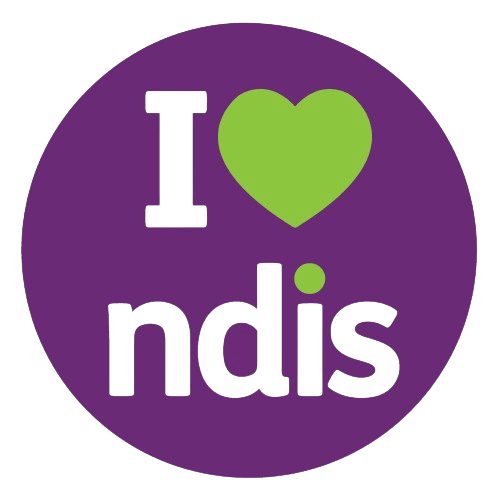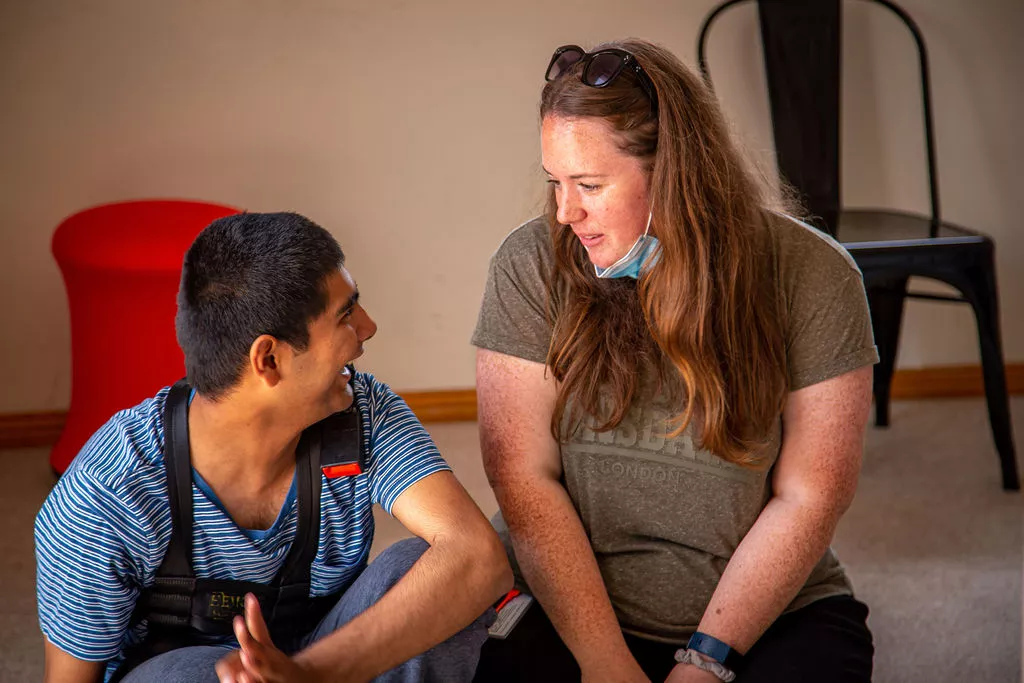Financial management can be challenging, especially when juggling the unique needs of individuals with disabilities. Proper budgeting and planning are essential for ensuring financial stability and reducing stress for both carers and those they support. This guide offers practical tips and strategies to help navigate the complexities of managing finances effectively.
1. Create a Budget
Budgeting is the cornerstone of financial management. Start by listing all sources of income, such as government support payments, pensions, or wages. Then, document all expenses, including:
- Essential needs: Rent, utilities, food, and medical expenses.
- Disability-specific costs: Therapies, equipment, and transportation.
- Savings goals: Emergency funds or future investments.
Use budgeting tools or apps to track spending and ensure all expenses align with the available income.
2. Leverage Available Support Programs
In Australia, there are numerous financial support programs available for individuals with disabilities and their carers, including:
- The National Disability Insurance Scheme (NDIS), which provides funding for essential supports and services.
- Carer Payments and Allowances through Centrelink.
- Health Care Cards for discounted medical services.
Research and apply for all eligible programs to maximise financial support.
3. Plan for Unexpected Expenses
Unplanned expenses can quickly derail a budget. Establishing an emergency fund can provide a financial safety net. Even small, regular contributions can build up over time and ease the pressure of unexpected costs.
4. Manage Debts Wisely
If managing debts is a concern, prioritise paying off high-interest loans first. Consider seeking professional financial advice or consulting with a free financial counselling service to develop a repayment plan and explore options for consolidating debts.
5. Explore Discounts and Concessions
Many services offer discounts for individuals with disabilities and their carers, such as:
- Public transport concessions.
- Reduced utility bills.
- Discounts on recreational activities.
Research these options to save on everyday expenses.
6. Engage in Financial Education
Improving financial literacy can empower carers and individuals with disabilities to make informed decisions. Look for online courses, community workshops, or resources tailored to your needs.
7. Seek Professional Advice
A qualified financial advisor can provide tailored advice to help manage income, investments, and savings. Ensure the advisor understands the unique financial considerations of individuals with disabilities.
8. Stay Organised
Maintaining organised records of income, expenses, and important documents can simplify financial management. Use spreadsheets or apps to keep everything in one place and easily accessible.
Final Thoughts
Managing finances doesn’t have to be overwhelming. By creating a budget, leveraging available supports, and planning for the unexpected, carers and individuals with disabilities can take control of their financial future. If you’re unsure where to start, reach out to Riverlink Disability Services for additional guidance and support.
For more information on how we can assist, contact us today!









